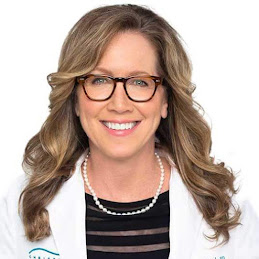- Breast reduction: Breast reduction is frequently performed on girls with overly large breasts that may cause back and shoulder pain, as well as restrict physical activity. Breast reduction usually is delayed until the breasts have reached full development.
- Correction of breast asymmetry: Surgery can be performed when one breast significantly differs from the other either in size or shape. Except in cases of asymmetry and post trauma reconstruction, federal regulations prohibit breast implants for those under 18.
- Treatment of Gynecomastia: In some teenage boys, excessive breast development (gynecomastia) can become a significant psychosocial problem. Excess tissue can be removed to achieve a more masculine body contour.
Is breast surgery for teenagers OK?
I have done numerous corrective procedures on persons 18 years old and younger. It requires a discussion between me, the parent and the teenager, and my consultation includes both a physical examination and a frank discussion of what to expect from the surgery. If you have a teenager considering corrective breast surgery, I offer these guidelines provided by the ASAPS to help you explore the issue.- Assess physical maturity: Operating on a feature that has not yet fully developed could interfere with its growth, and continued growth could negate the benefits of surgery in later years.
- Explore emotional maturity and expectations: As with any patient, the young person should appreciate the benefits and limitations of the proposed surgery, and have realistic expectations.
- Check credentials: State laws permit any licensed physician to call themselves a “plastic” or “cosmetic” surgeon, even if not trained as a surgeon. Look for certification by the American Board of Plastic Surgery. If the doctor operates in an ambulatory or office-based facility, the facility should be accredited. Additionally, the surgeon should have operating privileges in an accredited hospital for the same procedure being considered.
- Explore risks and expected recovery times: Teens and their parents should understand the risks of surgery, postoperative restrictions on activity, and typical recovery times.
For more information on teens and plastic surgery, see Teens and Plastic Surgery page from the ASPS.





